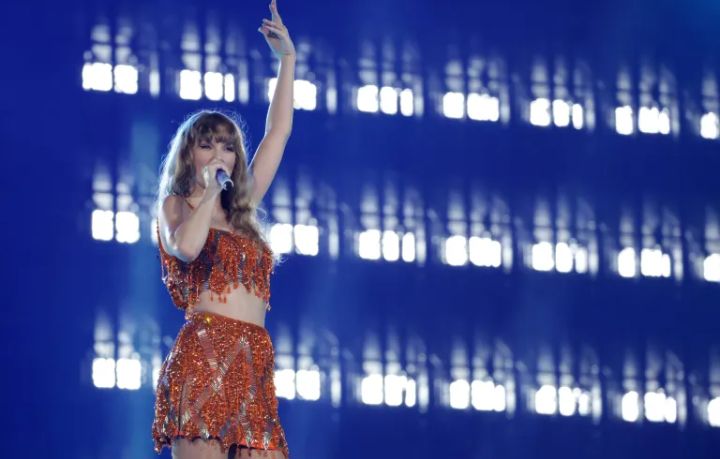CELEBRITY
Taylor Swift reportedly got millions from Singapore to only perform there in Southeast Asia. Now Thai and Philippine politicians are hitting back

Singapore said economic benefits from Taylor Swift’s concerts outweigh the incentives the city-state offered the singer to perform, amid speculation about how much it paid her to secure a Southeast Asia-exclusive performance.
“There has been some online speculation as to the size of the grant,” Edwin Tong, minister for culture, community and youth, told parliament on Monday. “It is not accurate and not anywhere as high as speculated, but due to business confidentiality reasons we cannot reveal the specific size of the grant or the conditions of the grant.”
Speculation over the matter gained steam online after Thai Prime Minister Srettha Thavisin said Singapore offered subsidies of up to $3 million for each concert in exchange for Swift agreeing not to perform elsewhere in the region during her Eras tour.
Channel News Asia reported last week that the figure was closer to $2-$3 million in total for all six shows without specifying where it got the information from.
The economic benefits to Singapore including additional tourist arrivals and spending on entertainment and retail in the island nation are “significant” and outweigh the size of the grant, Tong said.Play Video
Concert tie-ups have also helped the likes of Singapore-based United Overseas Bank Ltd. The lender, which allowed cardholders in the region to buy pre-sale tickets for popular artists like Swift and Ed Sheeran, reported a 66% surge in credit card fees to a new high of S$382 million ($284 million) in 2023.
Thailand is not the only Southeast Asian nation to voice its displeasure. A Philippine lawmaker reportedly criticized Singapore over its exclusivity deal and urged the Department of Foreign Affairs to raise the issue with Singapore’s envoy in the country.
Sour grapes,” Singapore’s former permanent secretary for foreign affairs wrote in a Facebook post. “Whenever I hear calls for Singapore to be more ‘sensitive’ to others in Southeast Asia, it really means be as inefficient as they are.”
We have to be better, faster and more creative than the competition,” he said.






